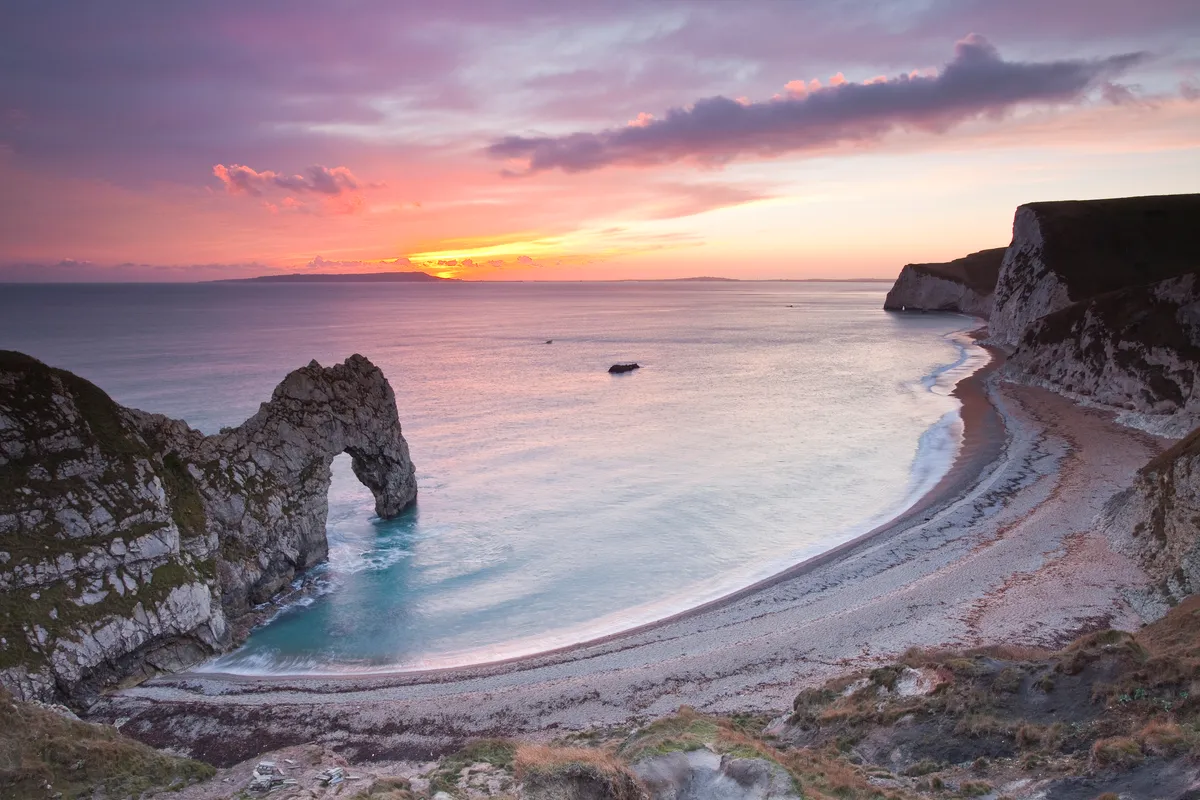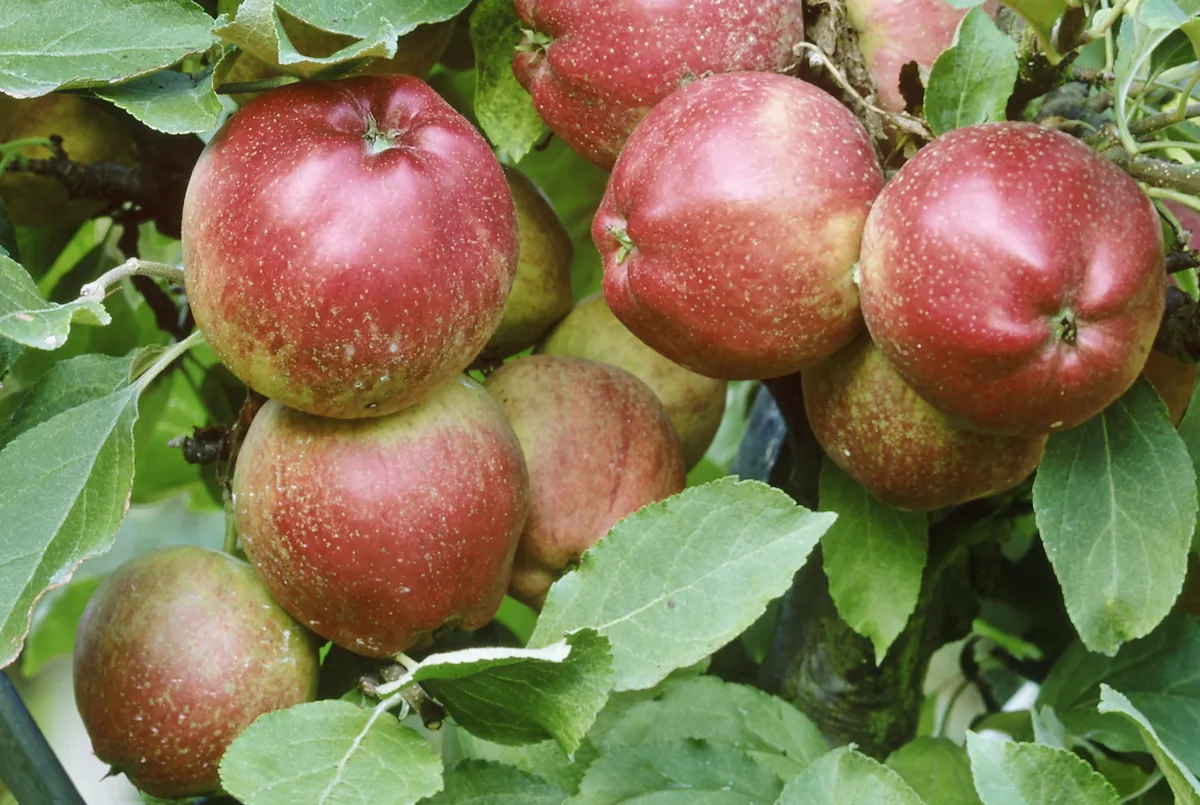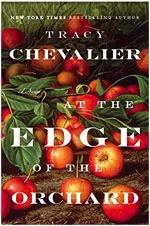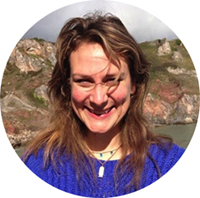I live in London but I get down to Dorset as often as I can. We’ve been visiting Dorset for 30 years and have a cottage in the Piddle Valley there. Sometimes London is like a magnet, but when I pull away from its force I collapse with relief in front of the fire and everything feels better.
Nature subtly influences my writing. I don’t go out of my way to write about nature. However, my novels are historical, and in the past people in general spent more time outside than we do now. They walked more, they worked outside more. So inevitably my characters are outside more. When I do research for a novel, I usually have a tree or flower handbook to hand for the place where I’m setting it.
I spent a lot of time outdoors as a kid, climbing trees, and it did me good. Being outside calms people down, it makes us think outside ourselves. We all need it.
People who live in the countryside see a lot more green, and that changes a person. Nature has an indifference to humans that you absorb more in a rural setting. I sense rural people are more phlegmatic, more aware that they are not totally in control. City dwellers think we’ve got nature under control, then wham!, there’s a flood, or a lightning strike, or a snowstorm, and we realise we’re fools.
The Jurassic coastline along Dorset is pretty spectacular, as is Durdle Door. So are the White Cliffs near Dover, the Isle of Wight and other places on the south coast. I admit to getting tearful when I see them. All right, I’ll also admit it: sometimes when I’m flying into the UK and crossing all those checkerboard green fields, I get tearful too! It’s so beautiful and I’m so glad to be home.

The US is huge, so there are vast swathes of land in a way you get little of in the UK: massive sweeps of forest, plains, mountains or desert. It’s also geographically astonishing. Britain has nothing like the Grand Canyon, Rocky Mountains, Mississippi River, or Florida Everglades. On the other hand, the trespass laws are very strong – witness the “No Trespassing” signs shot through with bullet holes. So it’s hard to gain access to that American land other than in state and federal parks. Which means when you do get out into it, there is a marked path, garbage cans along the way and other people.
In Britain, the public rights of way are extraordinary. There are public footpaths everywhere, across almost every field. I couldn’t believe it the first time my husband took me out, Ordnance Survey map in hand, and indicated that we were going to cross a field with a crop in it next to a farm. “We can’t do that!” I cried. “We’ll get shot!” He had to patiently explain that the British are different from Americans, and that we had a right – almost a moral obligation – to cross that field.
If I could change one thing about Britain’s countryside, I’d plant more trees. We are scarily short of them. I’m an ambassador for the Woodland Trust, a UK charity dedicated to increasing the number of trees in the UK. That’s partly what made me write about trees in my novel, At the Edge of the Orchard. It’s set in the US, but people’s relationship to trees is a worldwide phenomenon.
I have written in my novel about the little-grown Pitmaston Pineapple. These apples are adorably small, fitting in the palm of the hand, and are a gorgeous gold colour, like a jewel. And the taste – sweet but with a faint and surprising pineapple finish. I have just planted one in our Dorset garden and am looking forward to a crop in a few years.

The worst thing in the countryside are off-road motorbikes. The sound even more than the wrecking of the terrain. That buzzing penetrates the quiet and drives me insane.
Thomas Hardy’s Wessex novels best capture the essence of the British countryside, in my opinion. He fuses character and landscape so brilliantly. I admire his skill even more now that I know the Dorset countryside better.
Cream or jam first on a scone? Good grief. Jam first, of course! Cream is too billowy to go first – the jam slides off it.

Tracy Chevalier’s latest novel At the Edge of the Orchard is out now (The Borough Press, £16.99)

